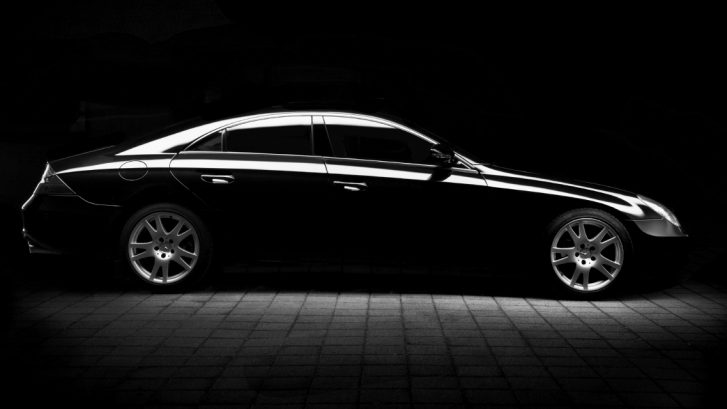Have you ever bought a new and shiny car only to be told you should have leased it instead? It can be hard to choose between buying or leasing a car — as both have their benefits and drawbacks.
It pays to have a proper understanding of all the available options if you’re in the market for a new car.
Car lease
A car lease is when a financier purchases a car and then lets you use it over a fixed period of time, where you pay a monthly fee. You need to make a residual or balloon payment at the end of the term if you want to own the car outright.
You should use the car for business more than 50% of the time.
You may also take an interest in another financial product called the novated lease. It’s an agreement involving an employer, an employee, and a finance company. Through salary packaging, the employee could use the car.
Car lease benefits
Car leasing offers both advantages and disadvantages, as with all financial products, which depend on your personal and financial circumstances. Here are some:
- Budget-friendly — A consolidated monthly payment that includes maintenance could be a lifesaver for business owners with an unpredictable cash flow.
- Less cash upfront — It only requires very little in terms of a deposit to set the ball rolling for a car lease. While others require nothing at all, some financiers require a month or two payments upfront.
- New car benefits — Get the latest model and manufacturer’s warranty.
- No obligation to purchase — There’s no obligation for you to make the residual payment and buy the vehicle at the end of the term. For start-ups with an uncertain future, this is particularly beneficial.
Car lease disadvantages
- Lease conditions — These may include the wear and tear on the car or the number of kilometres you’re allowed to drive.
- No modification — You’re unable to modify it in any way even if it’s for work-related purposes as you don’t own the car.
- You don’t own it — In any case, you can’t list it as an asset because the car is not yours.
A car lease suits someone that uses the vehicle primarily for work. This includes tradies, business owners, and companies.
Buying a car
Assuming you understand that buying a car means paying cash and taking full ownership of it. You could also get a car loan and make monthly repayments that are unrelated to your use of the car.
The benefits of buying
Here are a few disadvantages to counterbalance the benefits of buying your car instantaneously:
- Ownership — There’s no greater feeling than owning your vehicle.
- It’s an asset — This is beneficial when you’re looking for a mortgage or borrowing for other reasons.
- Car modification — Well, it’s your car! Want a new set of wheels or big stripe down the middle of the bonnet? Go ahead.
- There’s no limit in driving — Drive the car as much as you like! It doesn’t need to be used for work-related purposes either.
- Sell it if you want — If you decide you no longer need the car or you want to upgrade.
The disadvantages of buying
- Higher initial costs — Generally, you will require a hefty deposit, even if you are borrowing money to buy the car.
- Maintenance costs — Once the warranty is up, you are responsible for all maintenance costs. The following repairs will come out of your pocket.
- Depreciation — A new car loses its value fast. You won’t have to worry about if you renew a lease and upgrade later on.
- Limited choice — This means that you might not get that top of the range model that you want, as you may have to limit your spending when you buy.
- It’s a hassle to sell — Some people prefer a hassle-free experience when changing cars. You need to negotiate a trade-in value or sell the car privately if you decide to upgrade.
Emergency loans in Australia
Do you need a fast and small fund?
Cigno Loans can help with their emergency loans, as well as bad credit loans — if you have a less than stellar credit history.
Once your application is approved, cash is moved into your bank account with repayments easily arranged.


